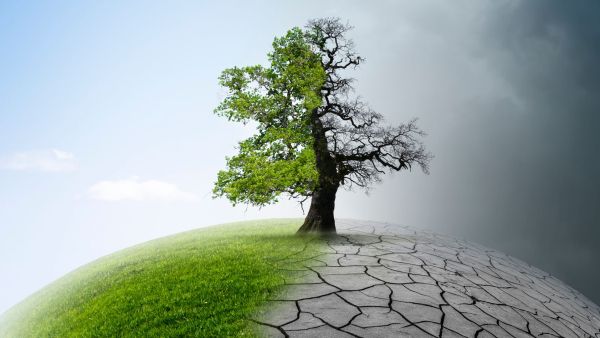Only last year more than 200 people were killed by natural disasters in Europe and over one million hectares of forest were destroyed by fire. Socialists and Democrats in the European Parliament want a stronger Civil Protection Mechanism, with better coordination among member states and new capabilities at the European level.
Today, S&D members on the environment committee backed a proposal to create rescEU, a European reserve that will support member states with extra capabilities such as aerial firefighting planes, special water pumps, urban search and rescue, and field hospitals and emergency medical teams.
S&D spokesperson on the environment, Miriam Dalli MEP, said:
“Extreme weather is causing more frequent and tragic natural disasters; in certain cases even resulting in fatalities. Our commitment in the medium and long term is to fight global warming at all levels in line with our commitments taken in Paris in December 2015.
“However, changes are happening now and the consequences are being felt in our different member states by our citizens. That is why we need urgent action to start addressing the fires, the floods and the natural disasters that are already happening. We need to be able to react and to speed up reconstruction in the aftermath of such disasters.
“I'm afraid that what we saw in Portugal last summer will not be an isolated case. We know that many countries in the south will face such threats next summer. Sometimes national resources are not enough, and neighbouring countries cannot give a hand on time, when crisis strikes, because they need to use their own resources. That's why we are strongly in favour of building up a solid and efficient mechanism.”
The S&D MEP responsible for this file, Nikos Androulakis, said:
“The Commission has already identified important gaps in response capacities in member states, mainly a shortage of aerial firefighting planes, which need to be addressed. But this is an opportunity to think not only of current, but also of future risks. We want to be ready to adequately respond to health emergencies, industrial, environmental, seismic or volcanic disasters, to mass population movements and emergencies, floods and fires, as well as chemical, biological, radiological and nuclear threats.
“Last years' deadly fires demonstrated that in such extreme situations national capacities are not sufficient or cannot effectively respond. We want RescEU to be able to provide relief in these exceptional circumstances.
“At the same time we have to encourage member states to invest on risk assessments and to ensure better post-disaster reconstruction, whilst also supporting them financially when needed.”
Related content
Find out more








